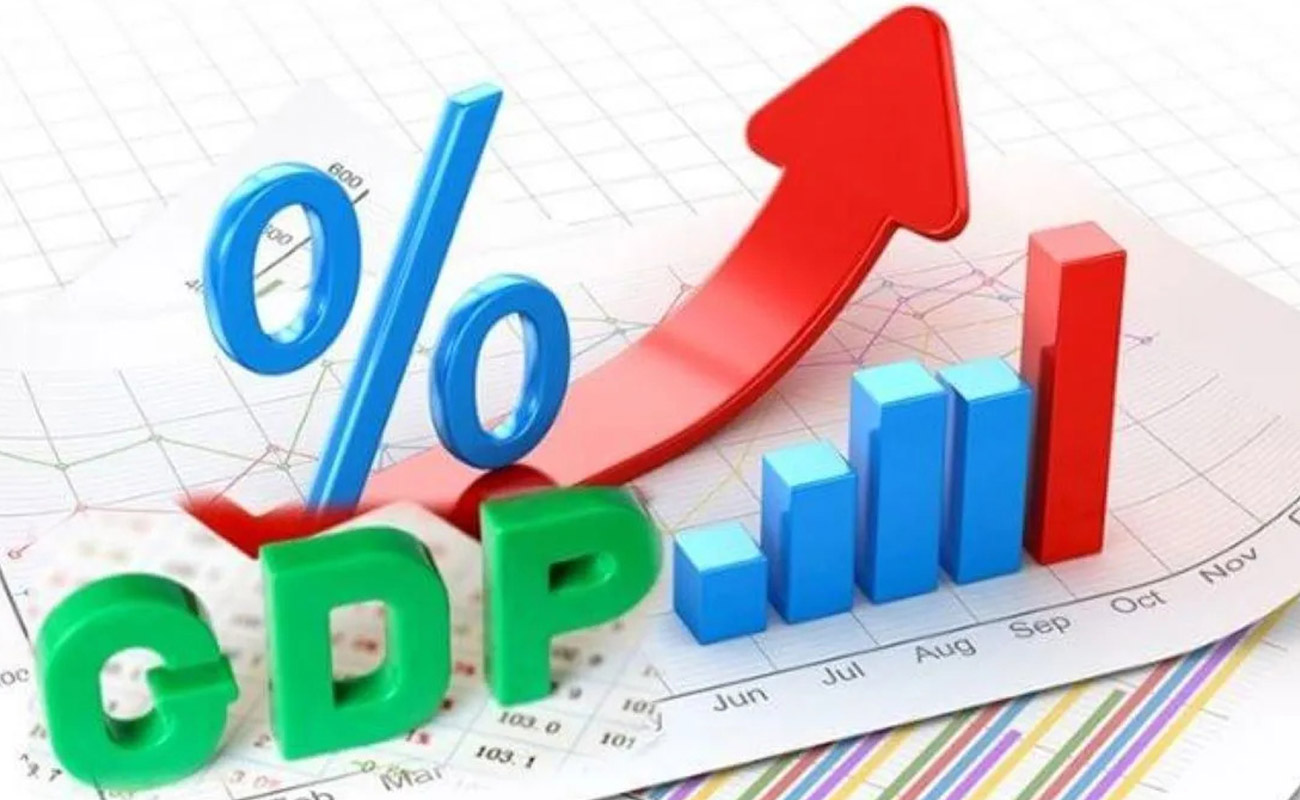
By Praise Laoye
Nigeria’s economic story is filled with contradictions. While officials and analysts celebrate the rising Gross Domestic Product (GDP) under the Tinubu administration as a sign of national progress, the daily reality for millions of Nigerians tells a different story. Headlines boast growth, trade expansion, and foreign investment, yet many citizens still struggle to meet basic needs.
Nigeria has even maintained its status as the fourth-largest economy in Africa after a recent rebasing. On paper, these numbers look impressive. But they mean little to the ordinary Nigerian who can barely afford food, healthcare, or education.
What GDP Really Measures
GDP is the total value of goods and services produced in a country over a given period. It’s a measure of economic size — but it does not tell us how wealth is distributed, how many jobs are created, or whether people’s lives are improving.
A country can have a rising GDP while its citizens face worsening poverty, hunger, and inequality. This is exactly the paradox Nigeria finds itself in today.
Why Rising GDP Doesn’t Mean Better living
Reports from the food and agriculture organization (FAO) predicts that millions of Nigerians will face acute hunger in 2025, especially in the North. Conflict, displacement, and climate shocks have worsened food insecurity, leaving families unable to access basic nutrition.
Children are the worst affected, with severe malnutrition rising — a painful reminder that glowing economic statistics don’t always translate to better lives.
In early 2025, Nigeria’s GDP rose by 3.1%, suggesting an economy on the move. Yet beneath this headline figure lies a harsh reality: over 40% of Nigerians approximately 90 million people still live below the international poverty line of $2.15 per day. Poverty is especially severe in rural areas, where 75.5% of residents struggle to meet basic needs, nearly double the 41.3% poverty rate in urban centers.
Economic growth has not shielded ordinary citizens from the effects of soaring inflation. The removal of fuel subsidies and currency reforms have driven food prices beyond the reach of most households. While GDP numbers suggest prosperity, everyday life for many Nigerians is marked by the shrinking purchasing power and growing hardship. Hunger is a looming crisis. Clearly, the national economic expansion does not automatically translate to food on the table.
Much of the reported growth disproportionately benefits a small urban elite, particularly those employed in oil, finance, and service sectors. Farmers, informal workers, and displaced families see little to no improvement in their livelihoods. Access to basic services remains limited: nearly 40% of Nigerians lack electricity, over a third have no access to safe drinking water, and nearly half live without adequate sanitation.
The link between poverty and education deepens the problem. Approximately 72.5% of children aged 0–14 live in poverty, while nearly 80% of adults without schooling are poor. Without education, future generations are locked into cycles of deprivation, regardless of GDP growth. Regional disparities further highlight inequality: since 2018, an additional 42 million Nigerians have fallen into poverty, with northern states experiencing a 46.5% poverty rate compared to just 13.5% in the south.
Who Really Benefits?
Macroeconomic growth tends to benefit elites, urban businesses, and investors. While the stock market rises and services expand, the majority — especially rural communities face exclusion.
This disconnect explains why Nigeria is “growing” on paper while millions slip further into poverty.
This contradiction raises urgent questions:
Are government policies truly tackling food security and poverty, or just chasing statistical growth?
Are social protection programs adequately funded and reaching those who need them?
How can macroeconomic growth be made inclusive — lifting people out of poverty rather than enriching a few?
True development isn’t about rising GDP figures. It’s about whether people can eat, learn, get healthcare, and live with dignity. Until Nigeria bridges the gap between economic data and human well-being, GDP growth will remain an empty victory.
Real progress isn’t when the GDP rises, but when families can feed their children, afford medical care and send children to school. Until then, Nigeria’s growth story is incomplete.
